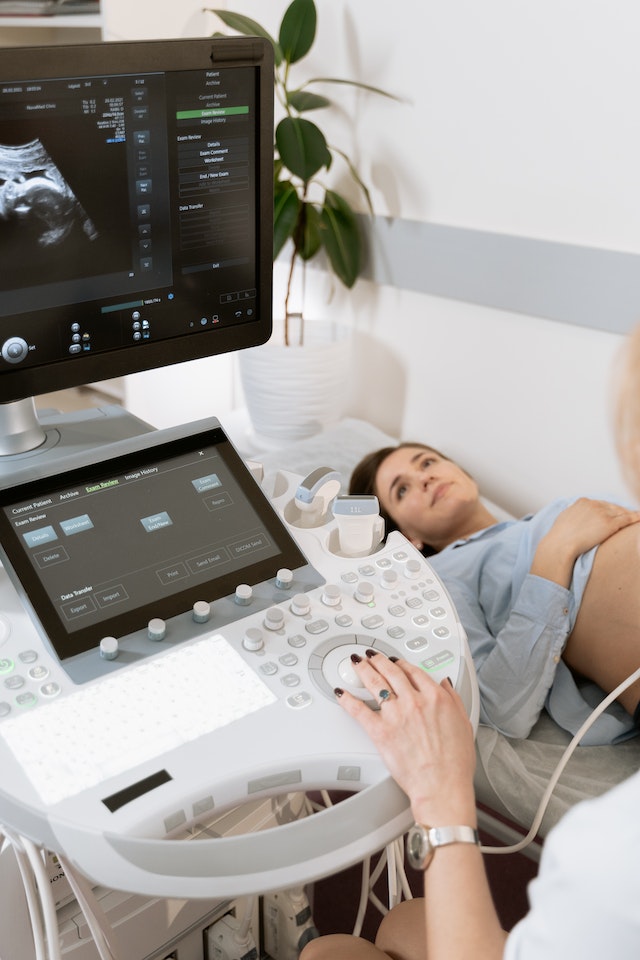Introduction:
As a seasoned gynecologist with 35 years of experience, I understand the excitement and concerns that come with pregnancy.
It’s natural for expectant mothers to wonder about any restrictions, precautions, or guidelines they should follow to ensure a healthy pregnancy.
In this article, I will provide valuable insights into pregnancy-related restrictions and precautions regarding travel, medication, and activities.
By staying informed and taking necessary precautions, you can enjoy a safe and comfortable pregnancy journey.
Let’s explore the essential guidelines to follow.
Travel Precautions during Pregnancy:
Traveling during pregnancy can be safe with proper planning and precautions. Here are some guidelines to consider:
Consult Your Healthcare Provider:
Before making any travel plans, consult your healthcare provider to ensure you are medically fit for travel, especially if you have any high-risk conditions or complications.
Timing of Travel:
The second trimester (14-28 weeks) is generally considered the safest time to travel, as many pregnancy discomforts have subsided, and the risk of miscarriage is lower.
Mode of Travel:
Choose a comfortable mode of transportation that allows you to move around and stretch your legs frequently.
Avoid long periods of sitting or standing.
Hydration and Nutrition:
Stay hydrated during your journey, and carry nutritious snacks to maintain your energy levels. Avoid excessive caffeine intake.
Seat Belt Safety:
Always wear your seat belt properly, positioning the lap belt low across your hips and the shoulder belt across the chest, between the breasts.
Consult your healthcare provider for additional guidance.
Medication Precautions during Pregnancy:
When it comes to medication during pregnancy, it’s essential to exercise caution. Consider the following guidelines:
Consult Your Healthcare Provider:
Before taking any medication, including over-the-counter drugs, herbal supplements, or vitamins, consult your healthcare provider to ensure their safety for you and your baby.
Follow Prescribed Medications:
If you were on medications prior to pregnancy, discuss with your healthcare provider if they are safe to continue.
In some cases, adjustments or alternative medications may be recommended.
Avoid Self-Medication:
Do not self-medicate during pregnancy.
Even seemingly harmless medications may have potential risks for the developing fetus.
Always seek medical advice before taking any new medication.
Activities and Exercise during Pregnancy:
Staying active during pregnancy is beneficial, but it’s important to exercise caution. Consider the following guidelines:
Moderate Exercise:
Engage in moderate exercise regularly, such as walking, swimming, or prenatal yoga, after consulting with your healthcare provider.
Avoid activities with a high risk of falling or abdominal injury.
Listen to Your Body:
Pay attention to your body’s cues.
If you feel fatigued, dizzy, or experience pain or discomfort, stop the activity and rest. Stay within your comfort limits.
Avoid Extreme Sports:
Refrain from participating in high-impact sports, scuba diving, skydiving, or activities with a risk of trauma or excessive jarring.
Conclusion:
Taking appropriate precautions and following guidelines is crucial during pregnancy to ensure a healthy and safe journey.
When it comes to travel, medication, and activities, consult with your healthcare provider for personalized advice based on your specific circumstances.
By staying informed and prioritizing your well-being, you can navigate your pregnancy with confidence and enjoy this special time.
Remember, every pregnancy is unique, so listen to your body and trust the guidance of your experienced healthcare provider.
![]()











